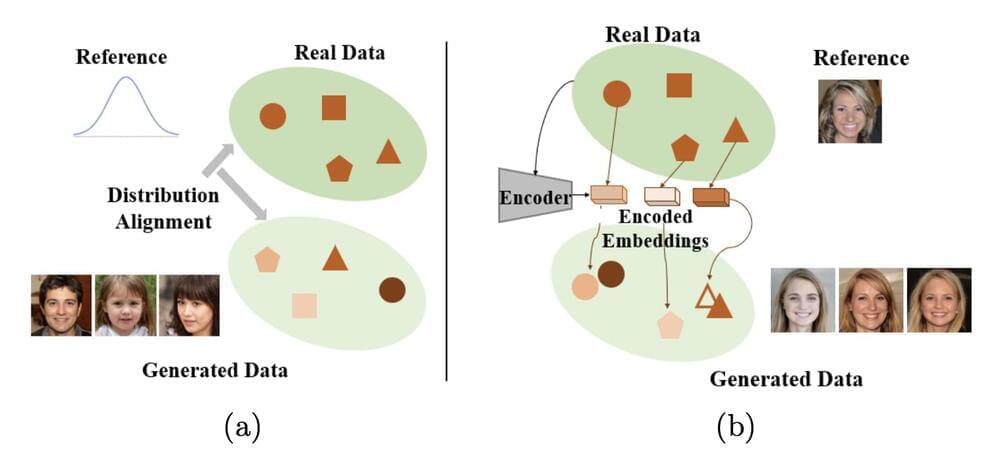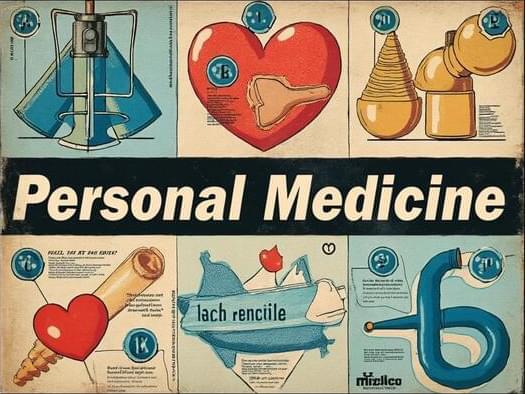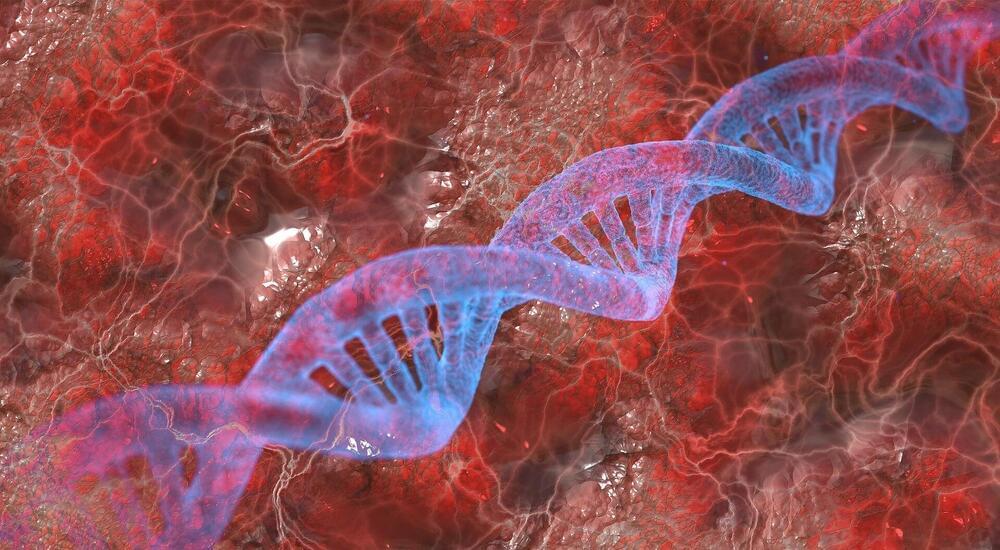Generative models, artificial neural networks that can generate images or texts, have become increasingly advanced in recent years. These models can also be advantageous for creating annotated images to train algorithms for computer vision, which are designed to classify images or objects contained within them.
While many generative models, particularly generative adversarial networks (GANs), can produce synthetic images that resemble those captured by cameras, reliably controlling the content of the images they produce has proved challenging. In many cases, the images generated by GANs do not meet the exact requirements of users, which limits their use for various applications.
Researchers at Seoul National University of Science and Technology recently introduced a new image generation framework designed to incorporate the content users would like generated images to contain. This framework, introduced in a paper published on the arXiv preprint server, allows users to exert greater control over the image generation process, producing images that are more aligned with the ones they were envisioning.





